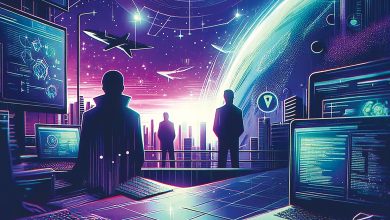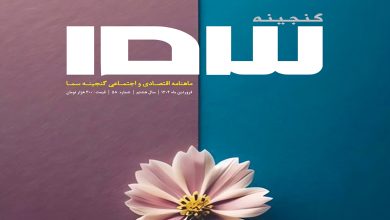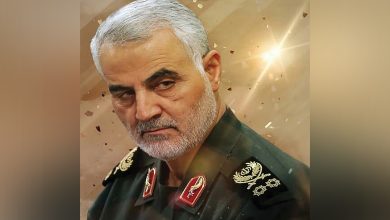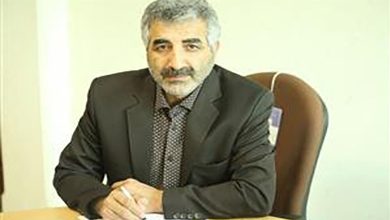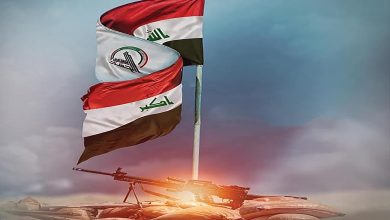Part Four: Soleimani and Religious Authority – A Special Bond with Najaf, Qom, and Tehran (Section Five)

 Political Section
Political Section
The Flag of General Soleimani Will Always Remain Raised at the Reconstruction Headquarters
After the martyrdom of General Soleimani, all members of the Reconstruction Headquarters fell into deep sorrow, yet they remain determined to continue his path.
The flag he raised will never be lowered, and the reconstruction efforts continue with full determination.
Despite economic challenges, public participation during the first eight months of the year has reached around 65%, showing a steady upward trend.
Next Step: Building a Hospital for Pilgrims in Karbala
The Shrine Reconstruction Headquarters is now pursuing a long-awaited dream — the construction of a hospital dedicated to pilgrims in the holy city of Karbala.
With the sharp increase in the number of pilgrims during Arbaeen and other religious occasions, the need for advanced and accessible medical services has become vital.
This hospital is to be built with the participation of Iranians living abroad and charitable organizations, providing services such as emergency care, specialized departments, and intensive care units for pilgrims.
This project embodies General Soleimani’s strategic vision of “preserving the health and dignity of pilgrims”, giving the shrine reconstruction effort a humanitarian and dignity-centered dimension beyond mere religious service.
Future Vision: Rebuilding Samarra and Developing Pilgrimage Cities
Another key focus for the future is the holy city of Samarra — where the shrine of the two Imams al-Askariyyin (peace be upon them) still suffers from the damage of past decades and terrorist attacks.
Despite the sensitive security situation, the Reconstruction Headquarters plans to expand the existing courtyards, organize the surrounding area, and provide accommodations for pilgrims.
This complements the efforts carried out in Karbala and Najaf. As one member of the headquarters stated:
Why Shrine Reconstruction Is Not Merely a Construction Project
Some may see the reconstruction of the holy shrines as a purely architectural or engineering project. In reality, it is a civilizational and cultural movement.
From Soleimani’s perspective, this mission:
-
Preserves the Shia and Islamic identity within Iraq’s geography.
-
Creates sustainable employment for local communities.
-
Strengthens deep cultural interaction between Iran and Iraq.
-
And most importantly, strikes a fatal blow to the takfiri agenda that sought to destroy the symbols of faith and resistance.
He often said:
Soleimani: The Architect of Spirituality and Development
In the final years of his life, General Soleimani was no longer just a battlefield commander; he had become an architect of a new jihad of reconstruction at the heart of the Islamic world.
With remarkable sensitivity, he created a balance between the spirituality of pilgrimage and the necessity of construction. He saw the shrines not only as sanctuaries of the soul but as fortresses of resistance and education.
Today, every stone laid in the shrines carries a message of steadfastness, faith, and vision for the future.
The Commander of Loyalty: Soleimani’s Unbreakable Bond with Leadership
General Qassem Soleimani was not only a faithful soldier of the Guardianship (Wilayah) but also its wings of strength and devotion.
He had unwavering faith in Imam Khomeini, seeing him as an unparalleled summit in the history of Islam. Through deep study of the works of scholars and reflection on the conduct of the religious authorities, he believed that none had revived religion as Imam Khomeini did.
This conviction led him to complete obedience to the path of the Imam—not as one possible way, but as the sole path to the salvation of humanity.
For Soleimani, leadership (Wilayah) was not merely a theological or spiritual concept; he believed that the good of society could not be realized without it.
He would often say that reason and consultation, though necessary, could never equal the divine wisdom embodied in the leader’s guidance.
Once, in response to a taunt from the Turkish Prime Minister, who accused him of lacking strategic vision, Soleimani replied with meaningful humor:
This trust was not born of blind loyalty but of profound and lived experience.



